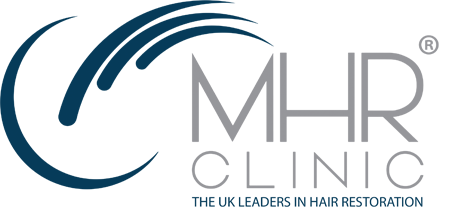
Why Christmas Dinner is the Best Meal for Your Hair
MHR Clinic consultant Donna Tweedale reveals the hair health benefits of eating a turkey roast and the links to healthy hair growth.
As families prepare to celebrate Christmas next week most will already be savouring thoughts of their favourite meal of the year.
A traditional British Christmas dinner tends to satisfy stomachs and taste buds in equal measure.
However, few know it is also possibly the best meal we can eat for our hair and hair growth.
The festive feast packs in every vitamin, mineral and antioxidant we need for strong hair growth.
From vitamin B6 in turkey to the sulphur and vitamin C in Brussel sprouts and the numerous vitamins and anti-inflammatory properties in cranberries, Christmas dinner offers every natural supplement our hair needs for its health.
So you can explain to your loved ones just why you’re piling your plate so high on the 25th, we thought we’d give you the lowdown on the hidden hair benefits in your Christmas dinner.
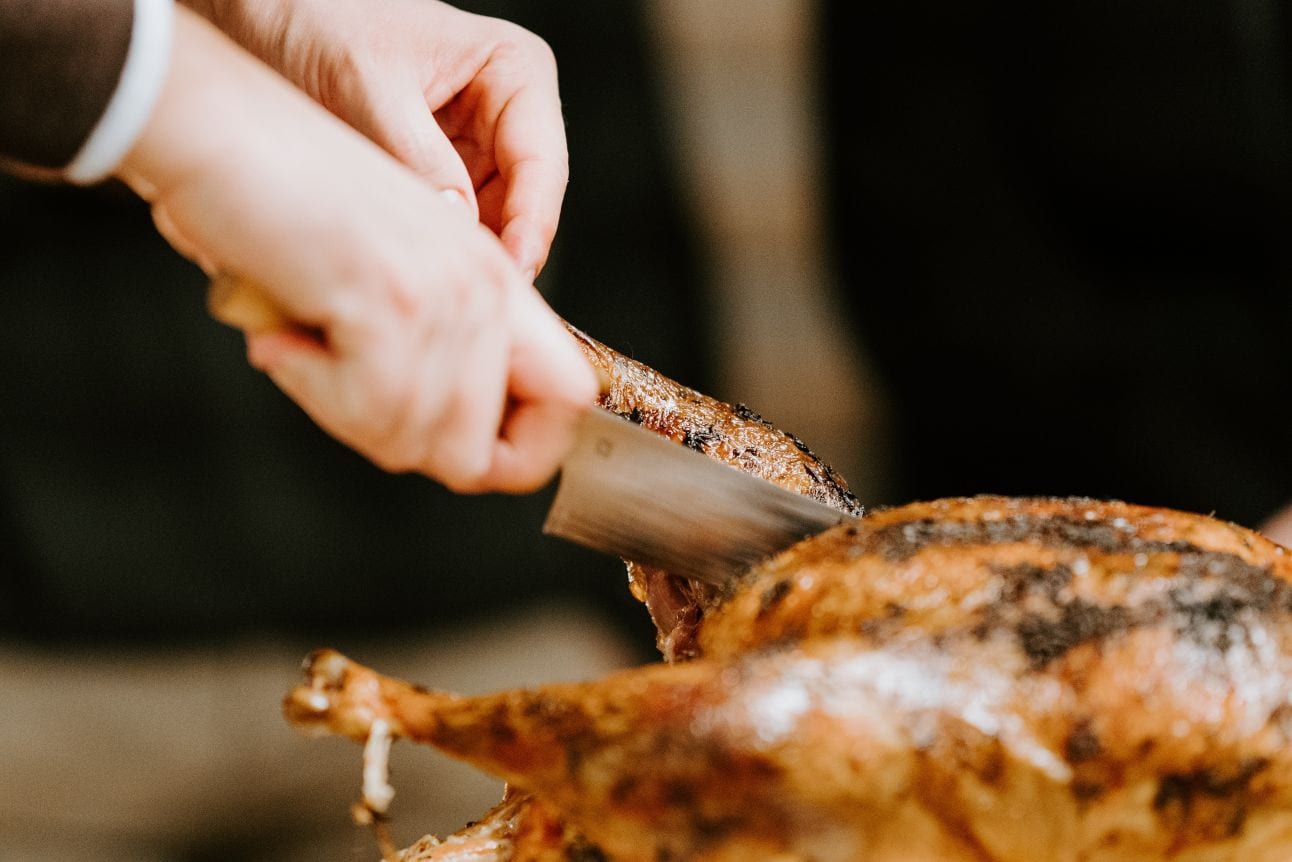
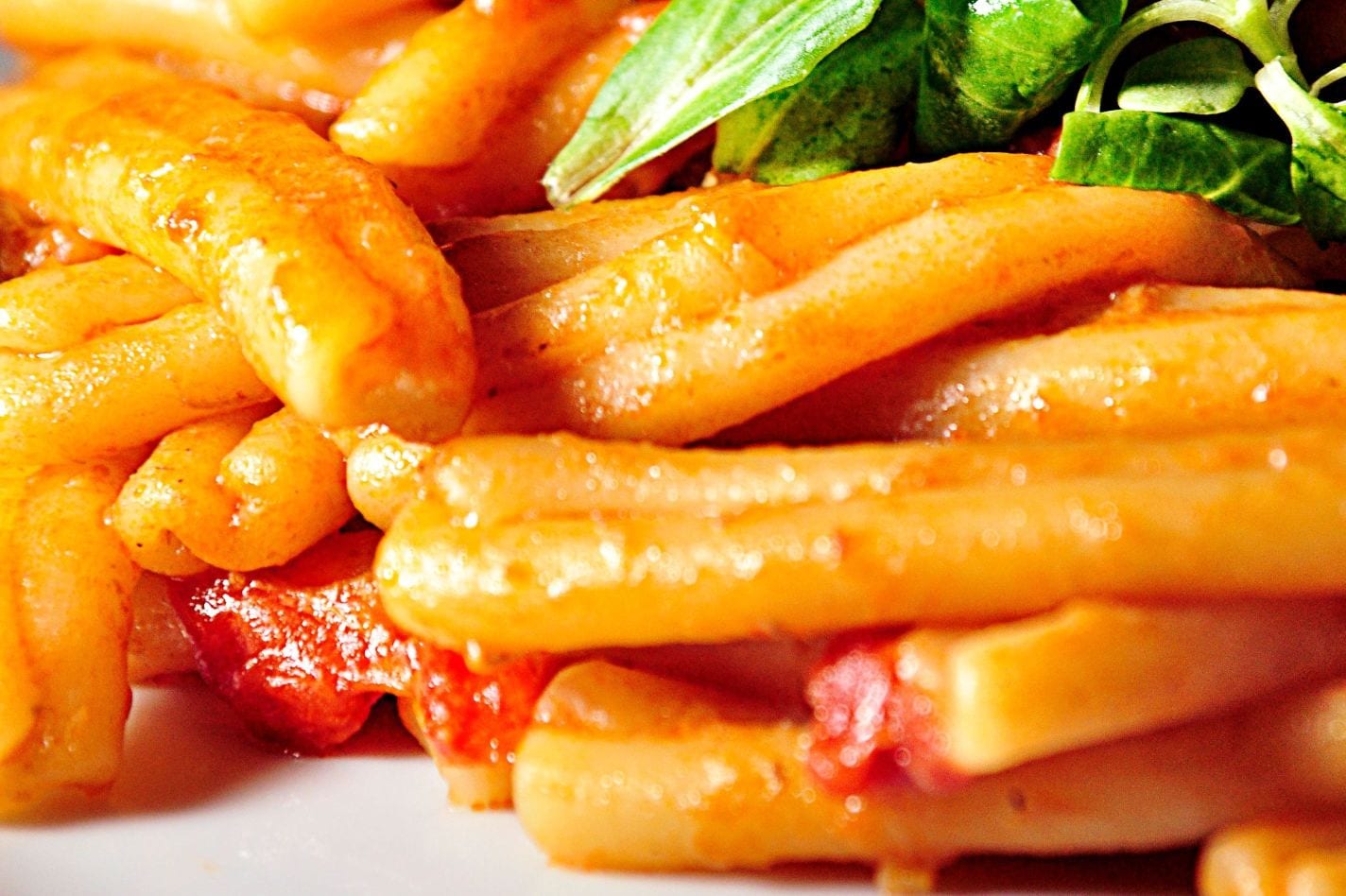
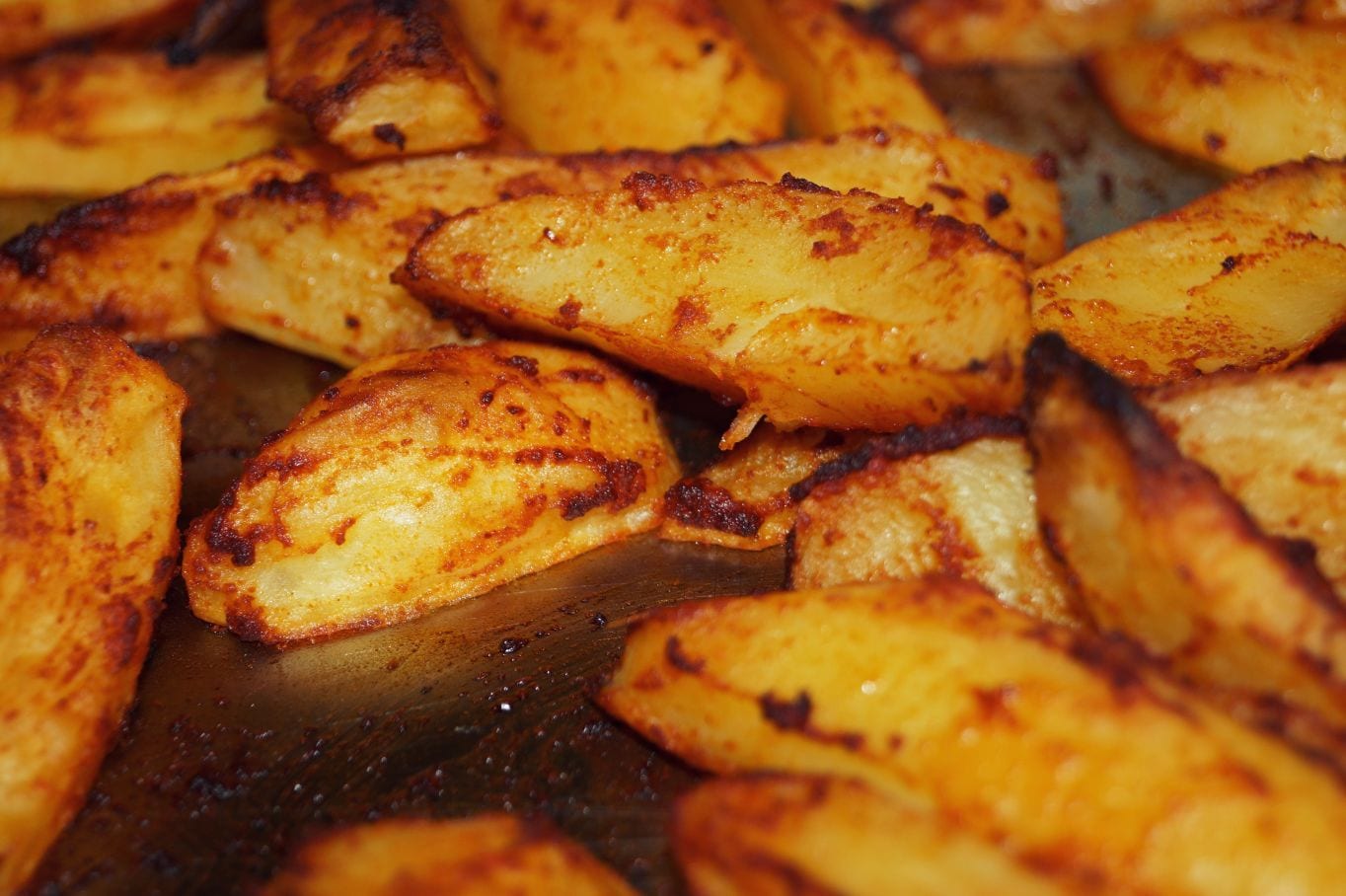
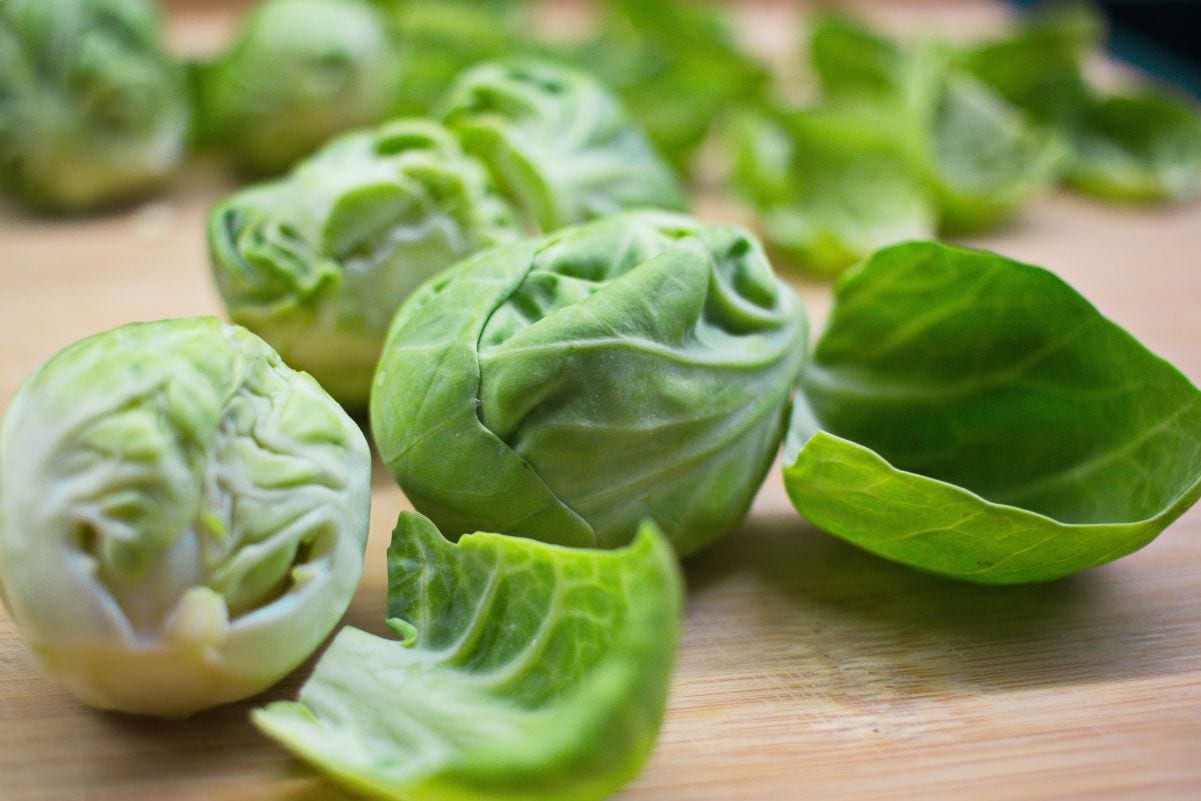
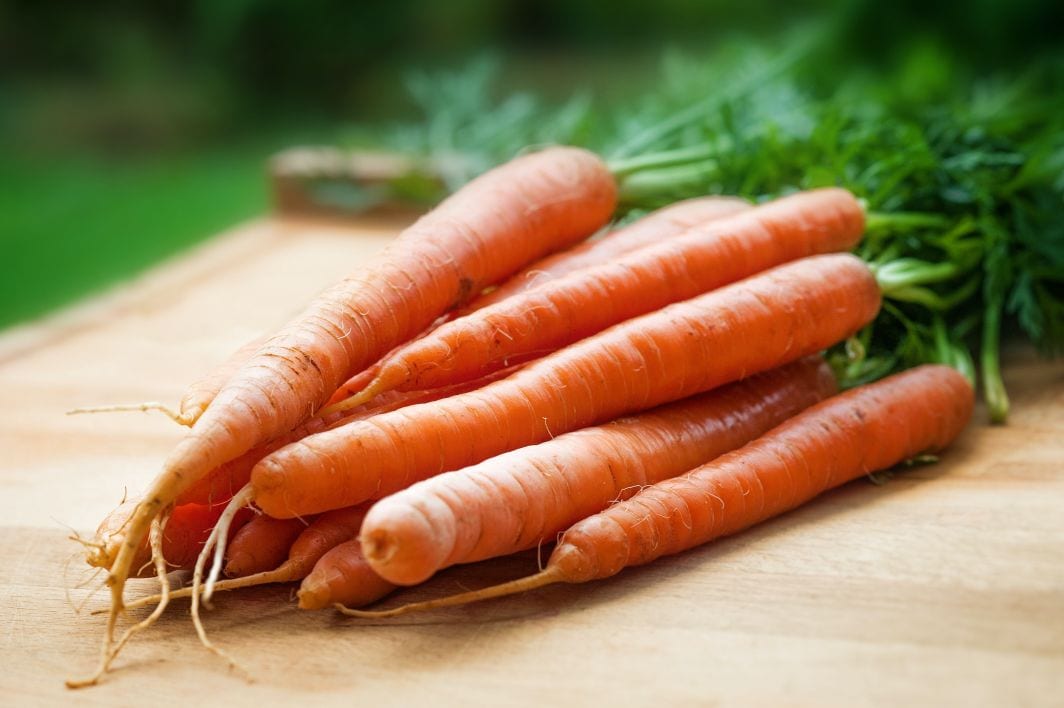
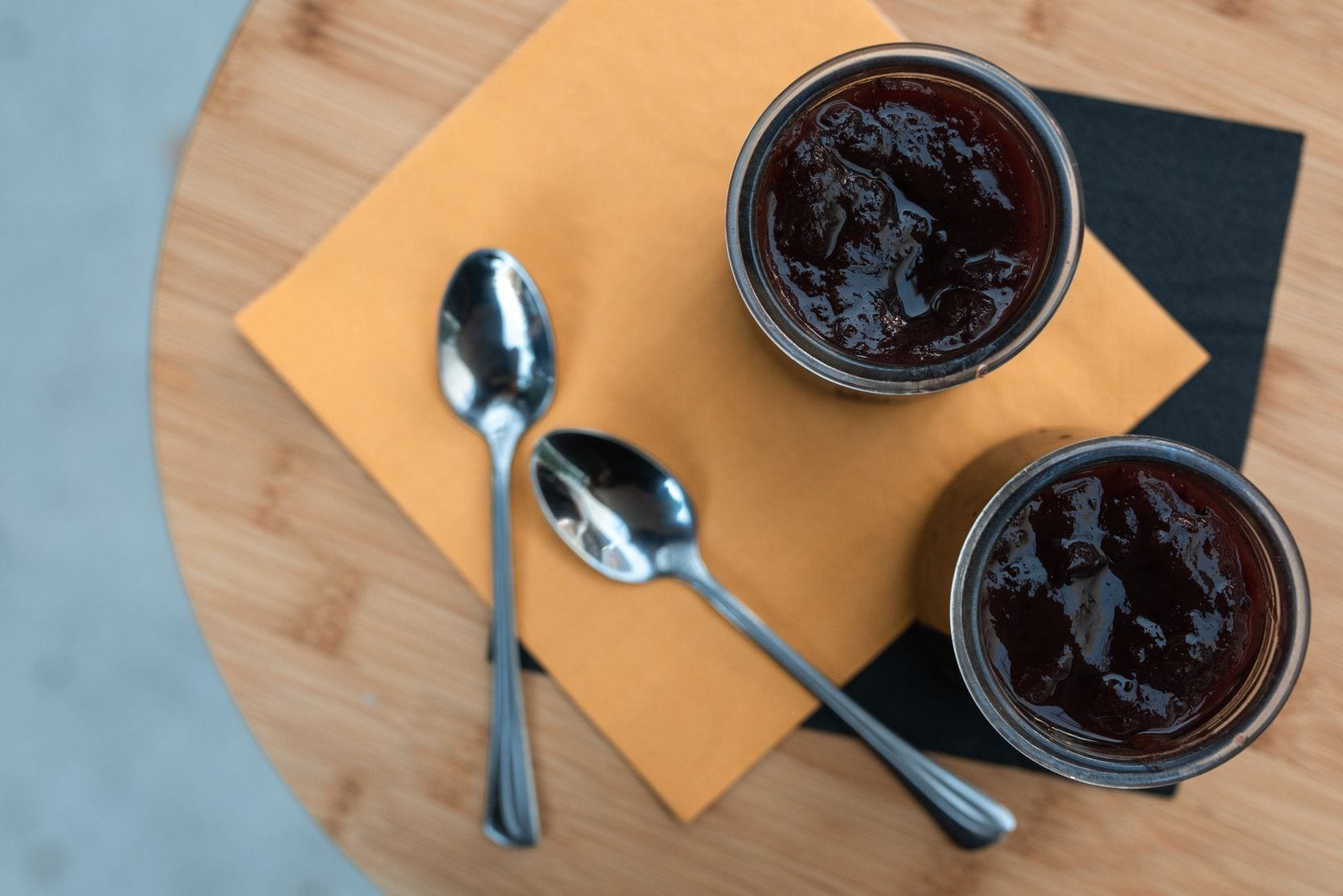

Roast Turkey
Roast turkey is rich in several vital nutrients for healthy hair growth. Hair is almost entirely made of protein and it is a rich source of protein. Turkey is a natural source of vitamin B6 which triggers the production of keratin and melanin proteins for maintaining hair growth and renewal. In men, it also prevents the formation of dihydrotestosterone, the cause of balding. Vitamin B12 in turkey creates oxygen-rich red blood cells which reach hair follicles with more nutrients and oxygen.
Roast Parsnips
The oven roasting of parsnips seals in their stores of zinc, vitamin B6, vitamin E and vitamin C. Zinc is perhaps the most influential nutrient in the health of hair. Hair loss is a common symptom of zinc deficiency. It plays a critical role in hair tissue growth and repair, and keeps the sebum oil glands around follicles working. The benefits of vitamin B6 are explained above, while vitamin C helps the body absorb iron. Vitamin E prevents oxidative stress and boosts hair growth.
Roast Potatoes
Roast potatoes contain vitamin B6, also known as P5P or Pyridoxal 5–Phosphate. They are a source of vitamin C which helps the body absorb iron. Vitamin C’s capacity to bind to iron and carry it to essential destinations for good cell reproduction is why MHR Clinic advises clients to consume a maximum dose of it every day. Vitamin C is also a potent antioxidant helping to rid the body of free radicals which thwart healthy hair growth.
Brussel Sprouts
The divisive Brussel sprout may prove more appealing once its powers of hair generation have been explained. It is packed with sulphur, often referred to as a building block of hair because hair protein keratin is high in sulphur content. Good sulphur intake supports its role in hair growth. Sulphur also treats and relieves psoriasis, dandruff, eczema, and folliculitis. The vitamin C in Brussel sprouts allows iron to travel freely to hair follicles for cell reproduction.
Carrots
Hair loss can be a symptom of vitamin A deficiency, and carrots are our most common source of vitamin A. Every cell in the human body needs vitamin A for growth and division, including the cells in hair follicles. As hair is the fastest growing tissue in the human body it needs a constant healthy supply of vitamin A. Vitamin A also helps follicle glands make oily sebum to condition the scalp and hair. Sweet potatoes and spinach in a Christmas spread will give you more of it.
Cranberry Sauce
Like carrots, cranberries are rich in vitamin A. The vitamin C in cranberries allows iron to travel freely to hair follicles for cell reproduction. Its vitamin E prevents oxidative stress and boosts hair growth. Cranberries also contain copper which, like vitamin C, contributes to iron absorption and the better flow of oxygen and nutrients to hair follicles. The berries are also packed with antioxidants and anti-inflammatory properties which prevent itchy scalp irritation.
Sage and Onion Stuffing
The sage in sage and onion stuffing is also good for your hair. Sage is known to be a highly beneficial natural remedy for treating hair conditions. It is used in homeopathy to treat alopecia and thinning hair. Its natural oils strengthen hair roots and stimulate healthy hair growth when absorbed by the body. It also has antimicrobial, anti-inflammatory, astringent qualities which means, when used in liquid form, it can treat scalp conditions like dandruff, eczema and dermatitis.
If you would like more information about maintaining a healthy head of hair, please contact MHR Clinic on 01565 745 344 or each out to us with contact through this website.
